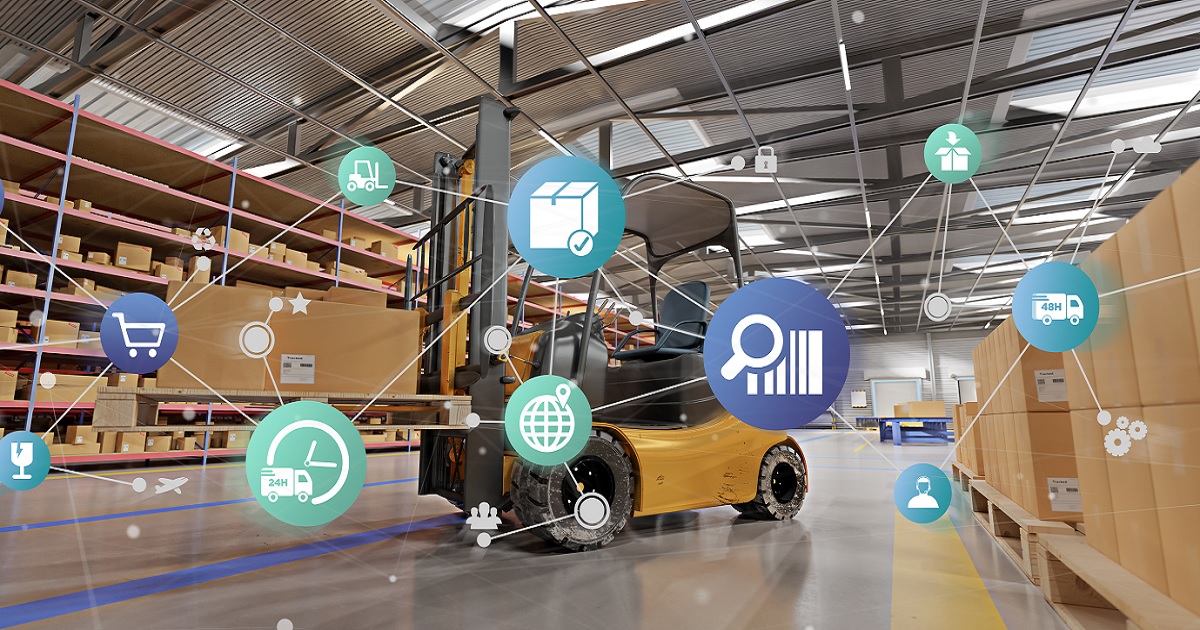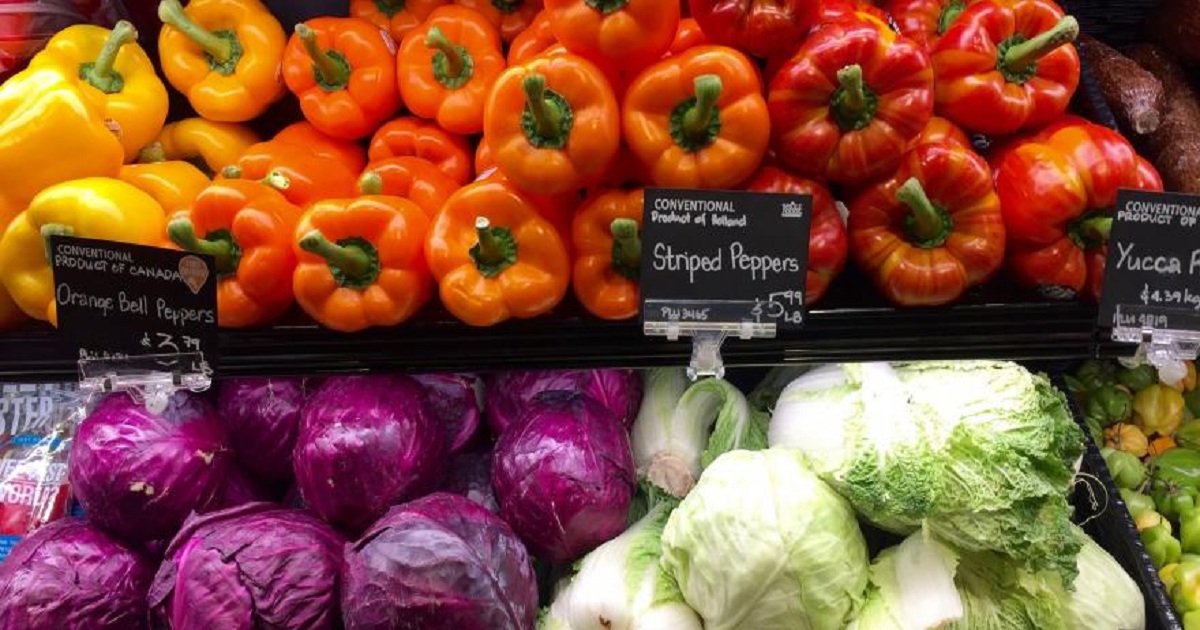
Procurement and Sourcing, Operations
Smart Warehousing | February 10, 2023
Smart Warehousing, one of the industry's leading Warehousing, fulfillment, and logistics solutions providers with its 38 warehouses across the US, recently announced its partnership with Mable, a wholesome platform representing more than 3000 emerging, better-for-you consumer packaged goods brands.
Up to this point, Mable's technology has allowed brands to ship direct to retailers via meetable.com, where retailers can buy their products. The Smart Warehousing partnership is a complementary solution to the direct ship model with the growing demand for small, better-for-you brands.
In December 2022, Mable began its pilot program, stocking the warehouse with a few of its highest-selling brands via an upfront, bulk purchase. The orders from participating brands to Mable are now processed through an algorithm to determine the most efficient shipment method, direct or fulfillment, through Smart Warehousing. As a result, when a business orders any participating brands, it will receive its products in a single shipment.
The partnership provides Mable with an additional distribution option with a pre-vetted partner. In addition, it reduces the operational workload on small orders and enables brands to offer minimum lower orders. To start using Smart Warehousing, there are no minimum order limits for the Mable brand.
CEO of Smart Warehousing, Carl Wasinger, said, "We are very excited to put our innovative technology and network of fulfillment locations to work for Mable." He further said, "By helping to position inventory, in the right place at the right time and in the right quantity, Smart Warehousing can help brands of all sizes compete and grow their business across all channels."
(Source: GlobeNewswire)
About Smart Warehousing
A warehousing and fulfillment company, Smart Warehousing was established in 2001 and headquartered in Overland Park, Kansas. It operated as a direct extension of the customer's teams. The company's model is a fully optimized solution that meets the fulfillment needs of merchants and sellers all over the World, committed to customer support associates, cutting-edge technology, and highly automated processes. The company has more than 12 million square feet of warehouse space, to store both big and small items for its clients. With more than 1 million square feet of temperature-controlled space, Smart Warehousing can handle frozen and temperature-controlled items. Its national footprint takes care of you because it has warehouses all over the country.
Read More

Smart Cities World | July 10, 2019
The study covers 37 cities across 15 countries and looks at social-demographic changes including work patterns, use of digital technologies and regional development. The vast majority of people (83 per cent) believe technology plays an essential role in simplifying their travel in a city while more than two thirds (70 per cent) of those who own a smartphone use a transport app or maps and plans at least once a month, according to a new global study. Even the most “digimobile” though are worried about being left behind by the speed of technology and almost three-quarters (71 per cent) have concerns about how companies use their personal data.
Read More

SmartBrief | October 22, 2018
At its core, blockchain is “a public register in which transactions between two users belonging to the same network are stored in a secure, verifiable and permanent way.” The data from those transactions are saved in cryptographic blocks that are connected to each other, and can then be traced and verified. In the food industry, blockchain can be applied to the supply chain since it allows growers, suppliers, manufacturers, and end-users to easily and efficiently verify where an ingredient or product has been.
Technology company IBM is charting a new course for the food retail industry through the use of blockchain tracking. Walmart, Kroger, Tyson Foods and several other CPG companies have teamed up with IBM to undertake a blockchain project that could help ensure food safety and transparency within the supply chain. IBM made its Food Trust technology available to the masses earlier this month, with the cooperative of growers, suppliers, and retailers able to collaborate by securely sharing critical data about food products on the blockchain, according to the company.
Read More